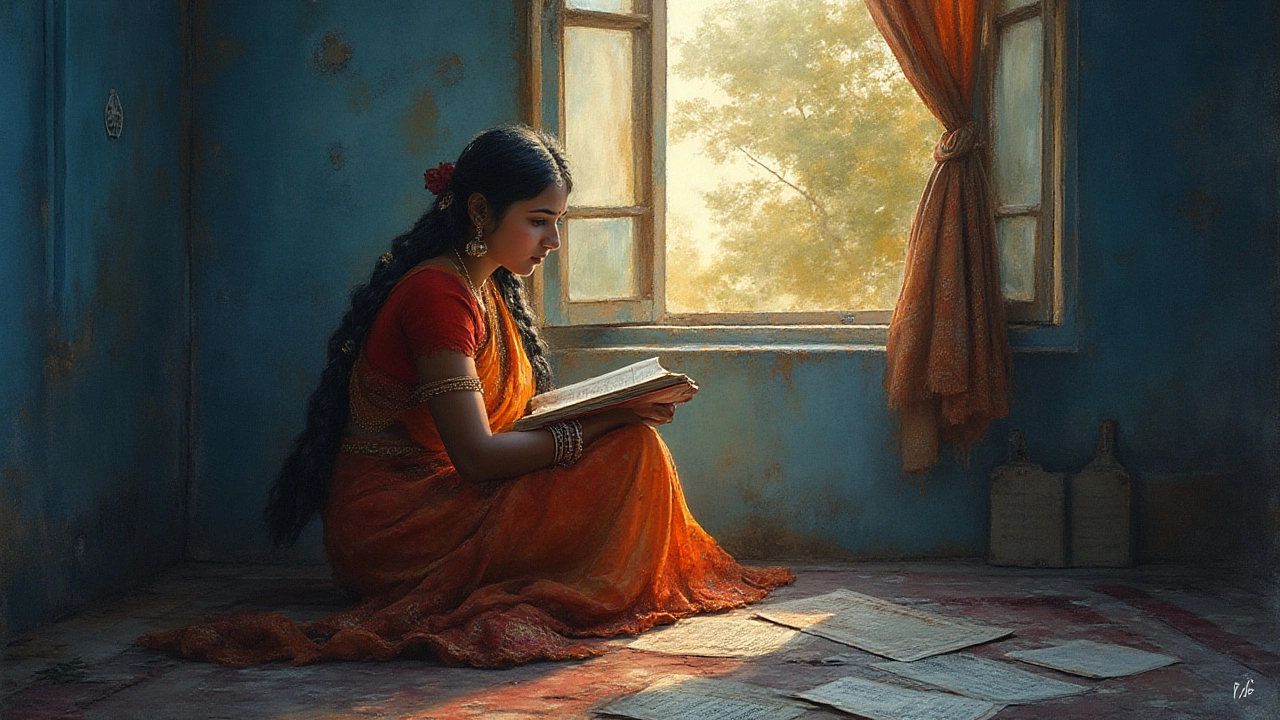Epic Poem: What It Is and Why It Matters
When you hear the word “epic,” you probably think of huge battles, brave heroes, and a story that stretches for ages. An epic poem is exactly that—a long, narrative poem that tells a big‑scale story about a culture’s values, gods, and legendary figures. It’s not just a fancy poem; it’s a snapshot of a society’s history and imagination wrapped in rhyme or rhythm.
Core Features of an Epic Poem
First, an epic is usually lengthy. Think of a novel in verse form. It covers a wide time span, often from the hero’s birth to their death. Second, the hero is larger‑than‑life, embodying the ideals of their people—courage, honor, and sometimes a touch of tragedy. Third, the setting is grand: wars, journeys across continents, or even the heavens. Finally, an epic often starts with an invocation to a muse or a deity, asking for help to tell the story.
These elements make the poem feel timeless. They also give you clear markers to spot an epic: a heroic main character, a vast setting, and a serious tone that praises cultural values.
Famous Indian Epic Poems
India’s epic tradition is rich and varied. The two most celebrated works are the Mahabharata and the Ramayana. The Mahabharata runs over 100,000 verses and covers a massive family war, moral dilemmas, and the famous Bhagavad Gita dialogue. The Ramayana, shorter but equally influential, follows Prince Rama’s quest to rescue his wife Sita from the demon king Ravana.
Both epics are more than stories. They shape festivals, moral teachings, and everyday slang across the subcontinent. If you want a taste of epic poetry without committing to the full text, try reading selected cantos or modern retellings that keep the original flavor.
Other regional epics include the Silappatikaram from Tamil literature and the Kavyas of medieval Hindi poets. Each reflects local myths yet follows the same epic blueprint: heroic deeds, divine intervention, and a moral backbone.
How to Read an Epic Poem for Fun
Start with a short excerpt—maybe the opening verses where the poet calls on a deity. This gives you a feel for the rhythm and the poem’s scope. Next, pick a hero you like and follow their journey. You don’t need to read every line; focus on the major episodes that showcase the hero’s growth.
Take notes on recurring themes like duty, fate, or sacrifice. These themes often repeat in modern movies and books, so you’ll see the epic’s influence everywhere. Finally, discuss what you read with friends or on forums. Talking about the poem helps lock the story in your memory and makes the experience more enjoyable.
Whether you’re a student, a poetry fan, or just curious, epic poems offer a window into the soul of a culture. They’re long, but they’re also packed with drama, lessons, and vivid characters that stay with you long after you close the book.
A deep dive into famous epic poems that deal with depression, their impact on readers, and how they resonate with real-life mental health challenges today.
More